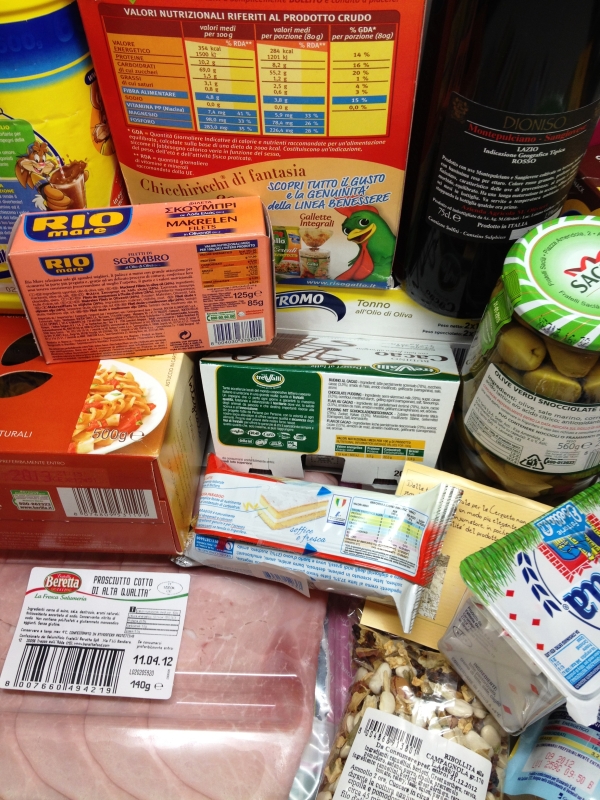1. People are always asking “what is a peanut allergy”? Well, it is a severe allergic reaction to peanuts
and related products that can endanger the life of those with a peanut allergy! The same can be said
for other severe food allergies ranging from shellfish to nuts.
This reaction has been experienced by parents and their children who have severe food allergies.
For the most part, reactions can be explained by a lack of understanding or information and is some
cases both. The importance of education is critical and will enable a better understanding of the
reality of severe food allergies….
Well. Government can take the lead on this education through health and nutritional information for
it’s numerous agencies and offices.
2. It can be frustrating when people say it should be okay for them to bring foods with peanut to schools,
sporting events and the numerous activity and cultural events…..
Well, it’s okay for these people to have peanuts, but not to bring them to a place where it can endanger
the safety of those with a peanut allergy!
3. Uncertainty of snacking. One of the best ways to see if a food is peanut free is ask about the ingredients used to
make it and if store-bought ask to see the package information for the food item. If there is uncertainty as to the
ingredients used, it’s okay when another option exists…..
Well, best for parents and children to always bring a snack that is safe!
4. Confusion over the ingredients in found in food. Clear labeling on food items is also very important. More food
items, especially snack items for children, are now carrying “peanut free”/ “Made in a Peanut Free Facility” labels
and can be found on cookie, crackers and chocolate/chocolate bars….
Well, these food items are great for those with a peanut allergy and can be used by schools and other
organizations in providing safe nutrition.
5. Potential cross-contamination in food. People will say, with the best of intention, that there is no peanut butter
or peanuts in the food they have made. However, cross-contamination can occur if there is peanut residue on
cooking utensils and cooking surface transfers to another product*……
Well, cross-contamination can be eliminated by having utensils and cooking surfaces cleaned with
soap and water before food preparation.
6. Forgotten/lost epipen. It is not unheard of for someone to leave home without their Epipen or
or to have it lost or misplaced while out. It can be stressful to say the least!…..
Well, there is always a way to take control of such a situation. The easiest solution is to go back to where the Epipen
is, be it at home or at the place where it might have been left or lost, to retrieve it. When speaking to people who
have a severe food allergy, the safest solution is to simply not to have any food away from the house, if it can’t be
retrieved, until returning home. Further, this situation underlines the importance of having more than one Epipen,
with 3-4 being safest.
7. An encounter with a food containing peanut can result in an anaphylactic** reaction requiring a
hospital visit and while there currently is no cure for peanut allergies……..
Well, there is an Epipen injection in the upper thigh of the leg of the affected person. This measure
can temper/hold off the severe reaction for a short period of time until the reaction is treated and
stabilized with a hospital visit.*
Well, peanut allergies are real and we can make it safer for those who have this severe, life-
threatening reaction. We can best do this by working together to provide a safe environment by
way of information, education and research to find a cure!
* A tragic story underlining the danger of cross-contamination involved a student (19 yrs. old)
with a peanut allergy, who tried a home-made chocolate chip cookie at another home.
When confirmed that the cookies were peanut free, the student tried a cookie and began to
experience a mild allergic reaction. Not being overly concerned, he took the epipen anyway.
He said to the others at the house that he would go and check it out at the hospital himself
and began to drive there. His condition worsened during the drive and did not make it
from the hospital lot to get help.
Sadly this tragic loss of life could have been prevented and serves to instruct us to be
cautious by calling an ambulance, never going for help unattended and having a double-dosage
Epipen for use if needed.
** Please refer to Anaphylaxis Canada for comprehensive and up-to-date information: www.anaphylaxis.ca



Great tips and thanks for creating this awareness! It will definitely be helpful to many others!